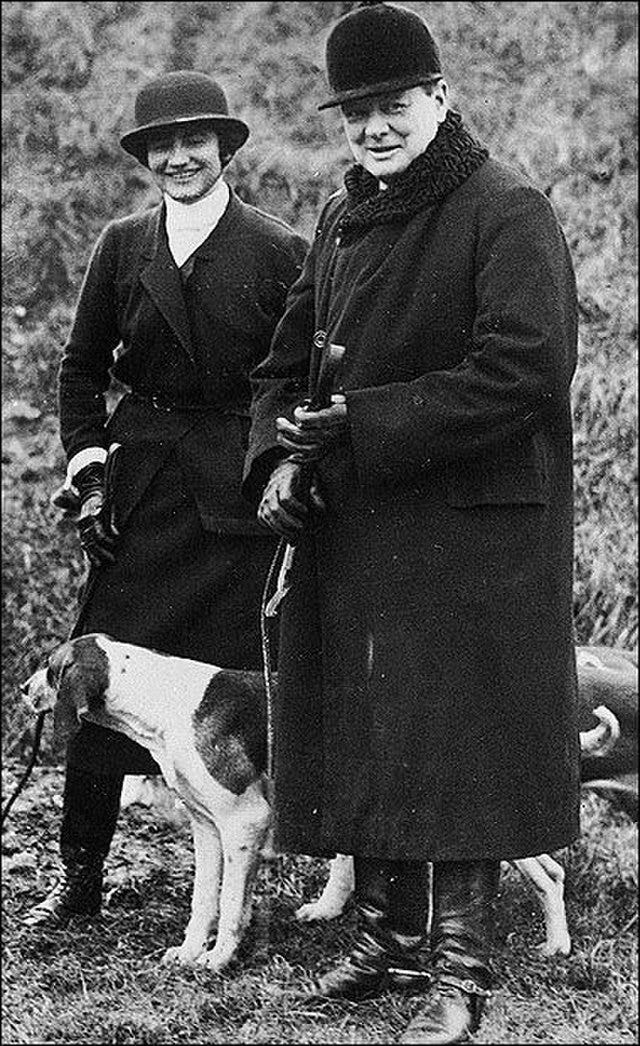The Asshole Tax
The unspoken surcharge we pay for genius
Heads up: We are just six weeks away from the Q2 launch of THE DAILY 5 on Jan 1st. This is my AI-assisted framework for a systems-lens analysis of the self. If you want to join the next cohort for high-performance journaling, now is the time to get in and establish your baseline.
For years, the mechanics of public scandals felt totally random to me. Why does a single bad tweet destroy one person’s career, while a felony conviction becomes a marketing asset for someone else? It seemed like a lottery, some kind of daily spin of the wheel to see who the internet decided to destroy. But once you stop looking at the morality and start looking at the economics, the randomness disappears. It isn’t about fairness, and it certainly isn’t about morality. It is a straightforward calculation of supply and demand.
The market suggests that immunity from consequence is directly correlated to the scarcity of your contribution. If a person is replaceable, a scandal is fatal because the cost of dropping them is zero. But if they are genuinely excellent at something scarce, the market will protect them. This isn’t a bug in the system; it is the system working exactly as designed to prioritize value above all else.
The most stark historical example of this valuation is the legacy of Coco Chanel. We tend to remember her as the visionary who liberated women from corsets, but the reality is significantly more complicated. Chanel didn’t just live in occupied France; she had a long-standing relationship with a Nazi intelligence officer and lived at the Ritz under German protection. There is documented evidence of her participation in “Operation Modellhut,” a Nazi intelligence mission, and she even attempted to use Aryan laws to seize control of her company from her Jewish business partners. By any moral standard, the brand should have been finished.
Yet, Chanel remains one of the most valuable luxury houses in history. She had an ultimate insurance policy: Winston Churchill. They had been close friends since the 1920s, and when Paris was liberated, that social capital is likely what saved her from the firing squad. When she returned to the fashion world in 1954, American buyers initially hesitated, but they quickly caved. Why? Because the product was undeniable. She had created the tweed suit, the 2.55 bag, the concept of the Little Black Dress, and the iconic No. 5 perfume. The market decided that the utility of her aesthetic genius was worth more than the moral weight of her past. The fashion world didn’t forgive her so much as they decided they needed her infrastructure more than they needed to punish her.
We see this same rational market behavior in the technology sector. Steve Jobs is frequently lionized as a secular saint of innovation, despite well-documented behavior that ranges from deeply cruel to arguably sociopathic. He denied paternity of his daughter for years, refusing to pay child support even after a DNA test proved he was the father, all while he was worth millions. He parked in handicapped spots because he felt regular rules didn’t apply to him, and he fostered a corporate culture of fear where he would publicly humiliate employees in elevators, among other things.
In a vacuum, this looks like the behavior of a villain. In the market, it is simply the overhead cost of genius. Jobs wasn’t protected by a conspiracy; he was protected by the iPhone. When you create a device that fundamentally alters how the human species interacts with information, your personal character becomes a secondary concern. The world calculated that the value of the Macintosh and the smartphone ecosystem outweighed the unpleasant reality of the man who built them. There is no law against being an asshole, provided you are an asshole who changes the course of civilization.
This dynamic is perhaps most visible in professional sports, where the metrics of value are entirely objective. Kobe Bryant faced a sexual assault case in 2003 that would have ended the career of any mid-tier player. He lost endorsements, sure, but the Lakers kept him. They kept him because there were perhaps three human beings on earth who could play shooting guard at that level. The franchise and the fans made a revealed preference choice: they preferred winning championships over moral purity. We saw the same with Ray Lewis, who remained an icon after an obstruction of justice plea related to a double murder(!), and Michael Vick, who returned to the NFL after running a dogfighting ring. If you can throw a football or anchor a defense at an elite level, the market will facilitate your redemption because elite talent is the scarcest resource in the game.
But it’s not just criminal behavior that gets a pass; it’s general cruelty, too. James Cameron is legendary for driving film crews to the brink of psychological breakdown, and Michael Jordan famously punched Steve Kerr in practice and bullied his teammates relentlessly to “motivate” them. In a normal workplace, HR would have escorted them out of the building. In their worlds, this behavior was framed as “the price of winning.” Cameron makes billion-dollar movies, and Jordan brought home six rings. We accepted the cruelty because we were addicted to the excellence.





